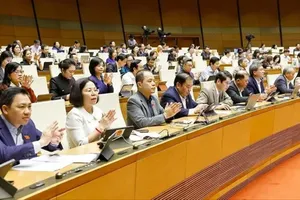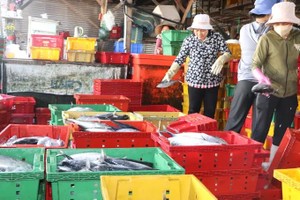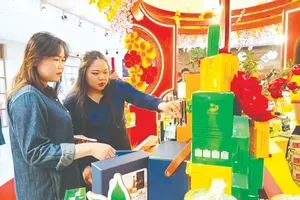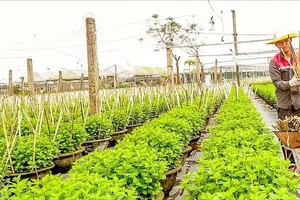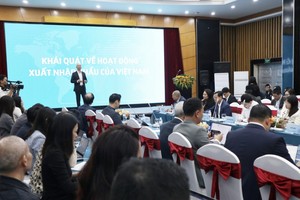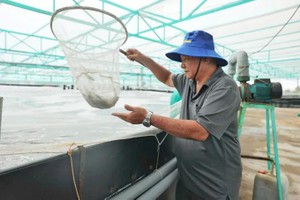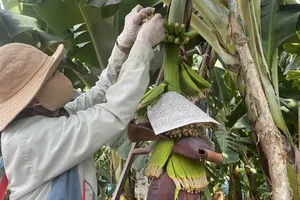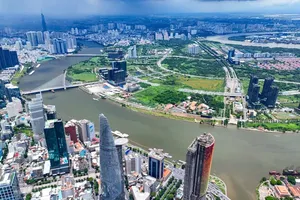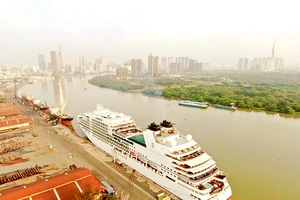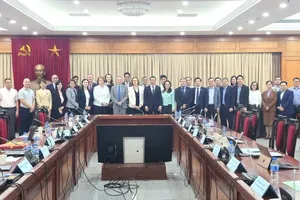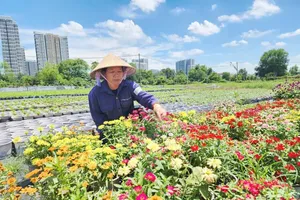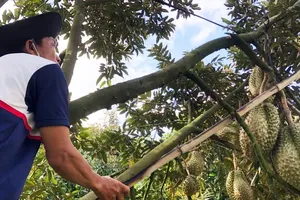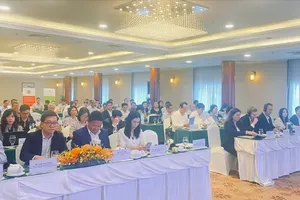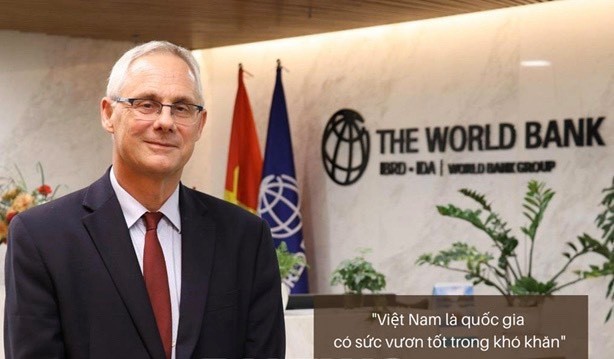
In an interview granted to the Vietnam News Agency (VNA), Morisset explained why the WB Bank has recognised Vietnam as one of the most successful emerging economies, apart from China, India, Malaysia and Thailand, in its latest report.
He said during the 2010-2019 period, economy growth rate in Vietnam has been the second fastest in the world, behind China. Not only Vietnam has been growing very fast, but it has also been creating many products and jobs.
And this explains why Vietnam has been very successful, he noted.
Morisset said Vietnam has done two things very good, with the first being agriculture, adding that during the 1990-2000 period, Vietnam has been able to multiply agriculture productivity - a revolution of the country.
The second lies with the opening of the economy to manufacturing and FDI enterprises, according to the WB expert.
Since the early 2000s, new businesses have come to Vietnam, creating millions of jobs, including new, more productive and better paid ones, Morisset said.
Regarding the COVID-19 outbreak, Morisset said he himself and many governments and multinationals believe that the pandemic crisis gives an opportunity for Vietnam to attract more foreign investors.
“A perception that many multinationals will need to diversify because of the crisis, and Vietnam is clearly a country that can host more FDI, so that would be the first opportunity,” he further said.
Speaking of digitalisation, he said Vietnam has been a bit slow in developing digitalisation. It was too difficult or impossible to pay by phone, and most of the government procedures have been carried out on papers.
But the crisis would accelerate the need and the reform to more digitalisation in Vietnam, the expert said.
The Vietnamese government has been implementing many new reforms to digitalise, including the building of e-government, he said, adding that in terms of digitalisation in the financial system, the Vietnamese government is gearing towards an e-payment system.
“It means that hopefully in next few months, most of Vietnamese will be able to use the phone for payment, which will be a big change compared to the situation before the COVID-19 crisis,” the expert said.
The pandemic has also proven the significance of information sharing, he said, adding that the Vietnamese Government has shared a lot of detailed information about COVID-19 transparently and effectively via the media.
Vietnam is already on the radar screen of many investors. Investors are coming to the country and the pandemic crisis has been helping it to attract more investors, he emphasised, commending Vietnam’s initial successes in containing the virus, with low rates of both infections and fatalities.
Except Da Nang that is focusing on fighting the disease, other major cities in Vietnam have maintained their normal activities, showing the world that Vietnam has been an attractive place for investment.
Morisset suggested Vietnam balance the opening and closure of the border amidst the pandemic outbreak, and seek ways to attract good investors who create jobs, provide technologies, train Vietnamese workers and work with major suppliers.
“That is good to make difference to Vietnam,” he said.
In addition, the Vietnamese government should consider spending more and better in public investment, and further support people and businesses most affected by the pandemic, he said, adding that such sectors as tourism, garment-textile and footwear need assistance.
According to the expert, e-commerce and digitalisation will thrive during and after the crisis.
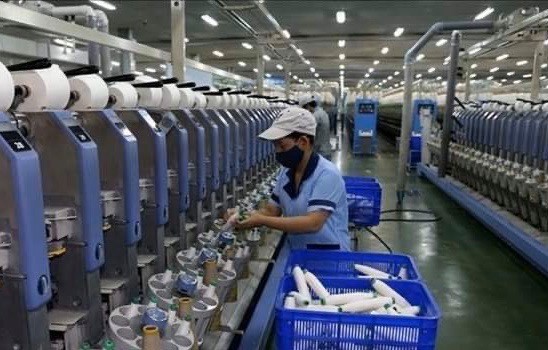 Illustrative image. (Source: VNA)
Illustrative image. (Source: VNA)
